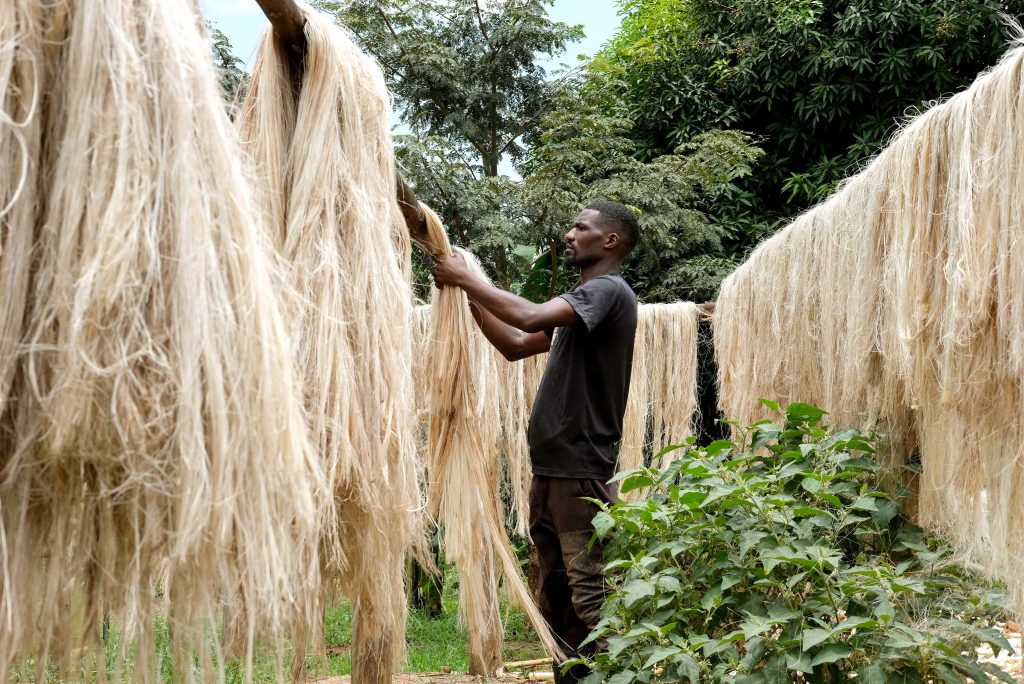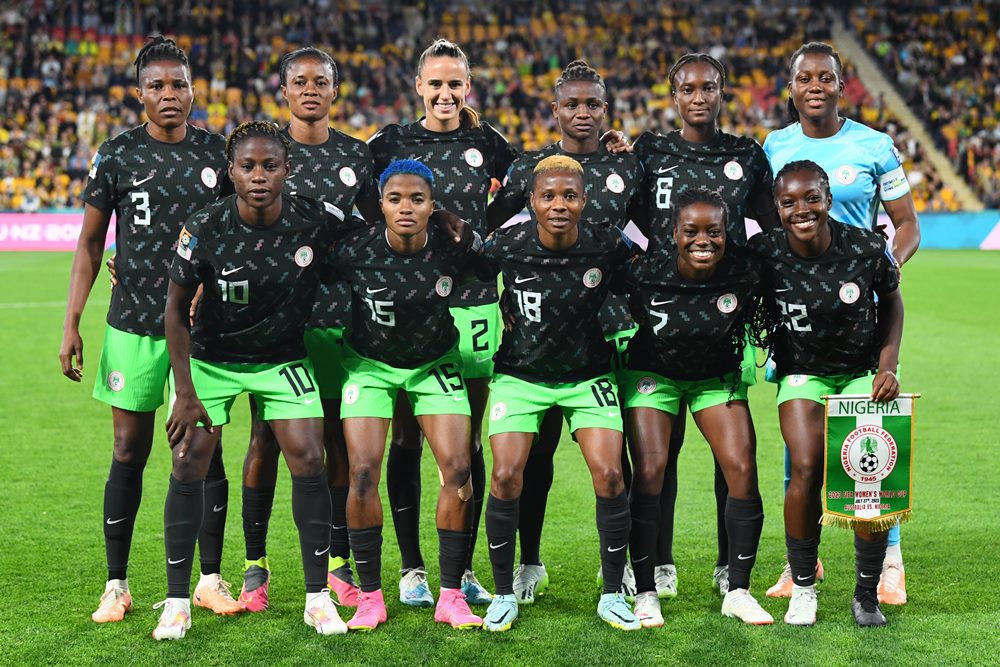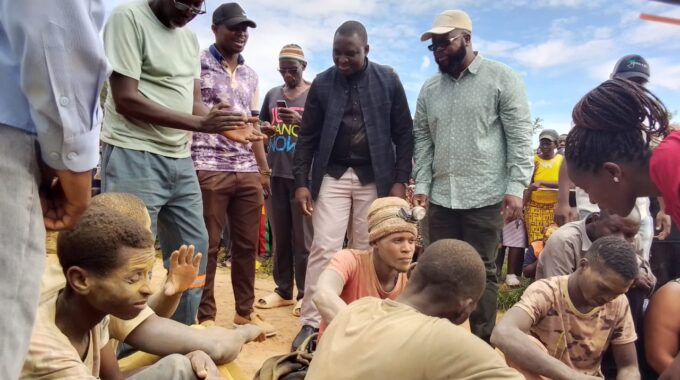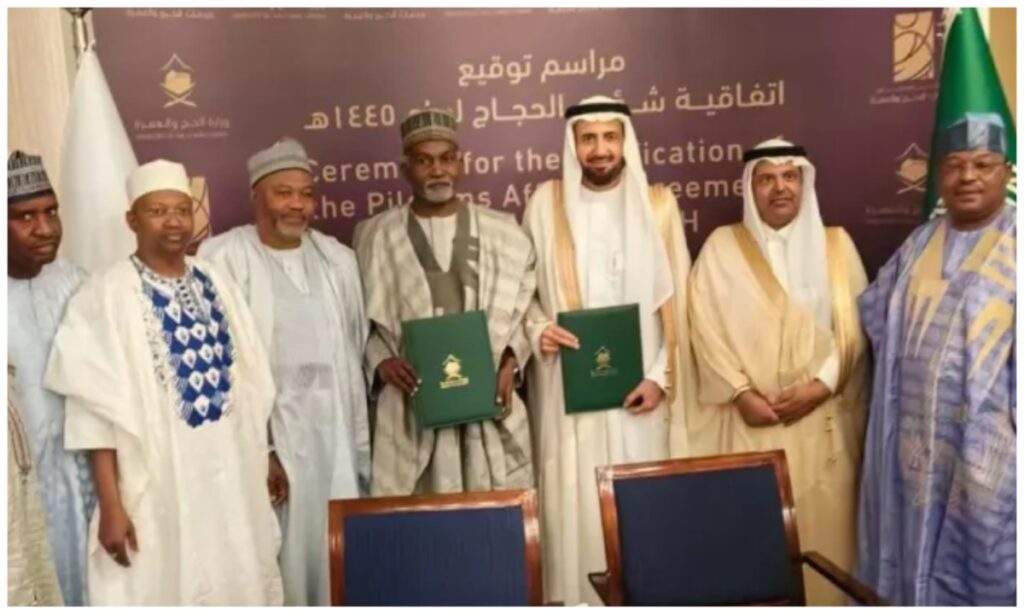In Uganda, a local startup called TEXFAD is revolutionising waste management by transforming discarded banana stems into biodegradable handicrafts. The innovative business idea aims to utilise the abundance of banana waste in the country, which is often left to rot in open fields after the fruit is harvested. TEXFAD extracts banana fibre from these stems and converts it into various products, including hair extensions, contributing to a more sustainable and eco-friendly approach to waste disposal.
Uganda, known as a “banana republic,” has the highest banana consumption rate in the world and is Africa’s leading producer of the fruit. Bananas hold cultural significance in the country, where they contribute up to 25 percent of the daily calorie intake in rural areas, according to the U.N. Food and Agriculture Organisation.
TEXFAD collaborates with seven different farmers’ groups in western Uganda, purchasing dried banana fiber at $2.7 (USD) per kilogram. The company also partners with Tupande Holdings Ltd., which supplies banana stems from farmers in central Uganda. Tupande’s workers carefully sort through the stems to select desirable ones, and machines are then used to extract the fiber and convert it into fine threads.
John Baptist Okello, the business manager of TEXFAD, highlights the economic benefits of their initiative, stating that it provides additional income to struggling farmers while simultaneously transforming waste into valuable products. The company’s efforts contribute to job creation, the industrialization of Uganda, and the improvement of the lives of its citizens.
While TEXFAD currently works with more than 60 farmers, the potential for banana waste utilization is vast, with over a million hectares of land in Uganda dedicated to banana plantations. Banana production in the country has been steadily increasing, reaching 8.3 metric tonnes in 2019, according to the Uganda Bureau of Statistics.
At a facility located near Uganda’s capital, Kampala, TEXFAD employs more than 30 individuals who use their hands to craft various items from banana fibers. The company exports products such as rugs and lampshades to Europe. The versatility of banana fiber allows it to be softened to a cotton-like level, making it suitable for a range of applications. TEXFAD is also working with researchers to explore the development of fabrics made from banana fibres.
In addition to handicrafts, TEXFAD is designing hair extension products that offer an eco-friendly alternative to synthetic options. Faith Kabahuma from the company’s banana hair development program emphasizes the environmental benefits of biodegradable products, as synthetic fibres often contribute to pollution and waste accumulation.
TEXFAD’s commitment to sustainability and innovation demonstrates the potential for transforming waste materials into valuable resources. By harnessing the abundance of banana stems that would otherwise go to waste, this Ugandan startup is creating economic opportunities, promoting environmental consciousness, and contributing to the country’s development.









No comment yet, add your voice below!